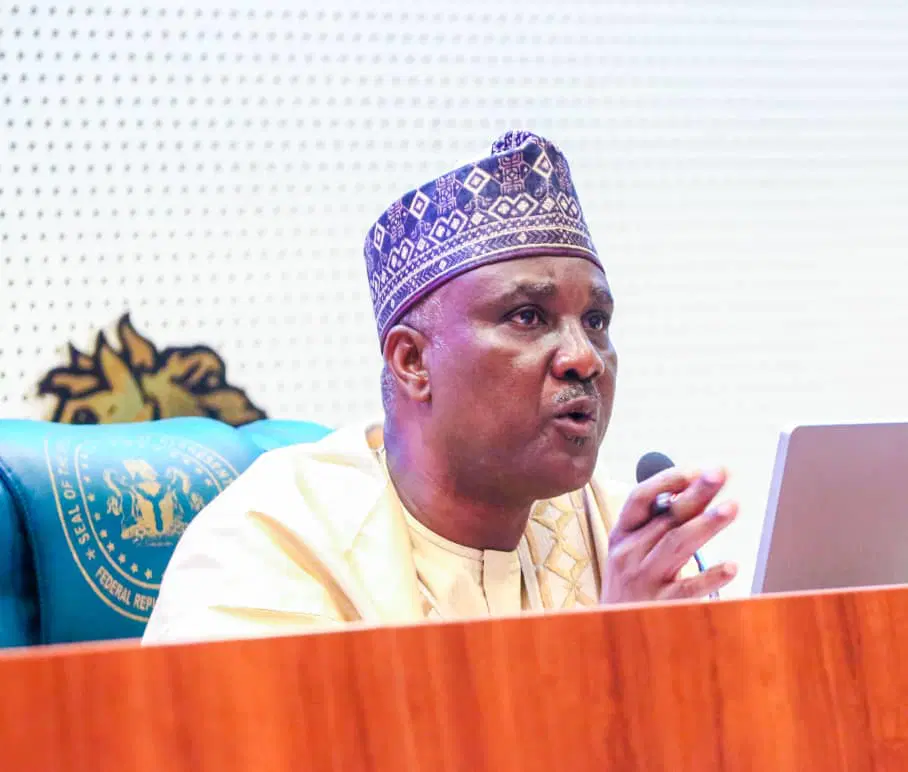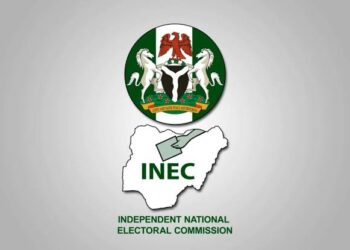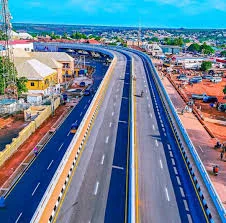The Speaker of the House of Representatives, Hon. Abbas Tajudeen, has said despite attracting billions of dollars in grants and investments into renewable energy since 2015, access to stable and reliable electricity remained a struggle for many Nigerians.
Abbas stated this at the public hearing on the $2 billion renewable energy grants and investments received between 2015 and 2024, organised by the House Committee on Renewable Energy in Abuja on Tuesday.
Represented by the minority whip,Hon. Ali Isah (PDP, Gombe), the speaker said this trend recently, culminated into large portions of northern Nigeria experiencing prolonged blackouts, with little explanation or accountability.
“Ladies and gentlemen, since 2015, Nigeria has attracted billions of dollars in grants and investments into renewable energy, from both domestic and international sources. These funds were intended to revolutionize our energy infrastructure, reduce our dependency on fossil fuels, and ultimately address our pressing electricity challenges.
“However, despite these considerable investments, access to stable and reliable electricity remains a struggle for many Nigerians. Just recently, large portions of Northern Nigeria experienced prolonged blackouts, with little explanation or accountability.
“This experience is unfortunately familiar to millions of Nigerians who still live without adequate power supply or, in some cases,without any power at all. This investigation aims to understand these gaps more deeply.
“Today’s public hearing is not a witch hunt, nor is it intended to indict. Rather, it is an opportunity for open dialogue – a means to identify the challenges that hinder our progress and find solutions that can empower us to serve Nigerians more effectively,” he added.
In his opening remarks, the committee’s chairman, Hon. Afam Victor Ogene, said the investigation was not to witch-hunt any agency or individual, but to discourage opaqueness and promote transparency and objectivity in handling government or public resources for the overall development and good of our nation.
He said, “Any investment, especially one coming from multilateral organisations, is a debt that must be repaid one way or the other; if not by us, the current actors strutting the stage, then certainly, by future generations of Nigerians.
“It is in realisation of this fact that the committee, in line with the United Nations Framework Convention on Climate Change’s (UNFCCC) globally accepted principle of transparency, accuracy, comparability, consistency and completeness (TACCC), that I wish to highlight some milestones that further justifies this hearing.
“First, in 2005 under UNFCCC’s Kyoto Protocol, an international law on renewable energy was passed and this made profitable the deployment of solar, wind and other renewable energy sources for sustainable development.
“Conversely, Nigeria’s Renewable Energy and Energy Efficient Policy (NREEEEP) of 2015 has been a toothless bulldog whose impact leaves much to be desired. Indeed, our country’s Electricity Act of 2023 that has gone for further amendment, further justifies the need to have a stand-alone Nigeria Renewable Energy Act.”
In a presentation, the Renewable Energy and Energy Efficiency Associations Alliance (REEEAA) expressed support for the investigation which was aimed at addressing challenges in the sector.





